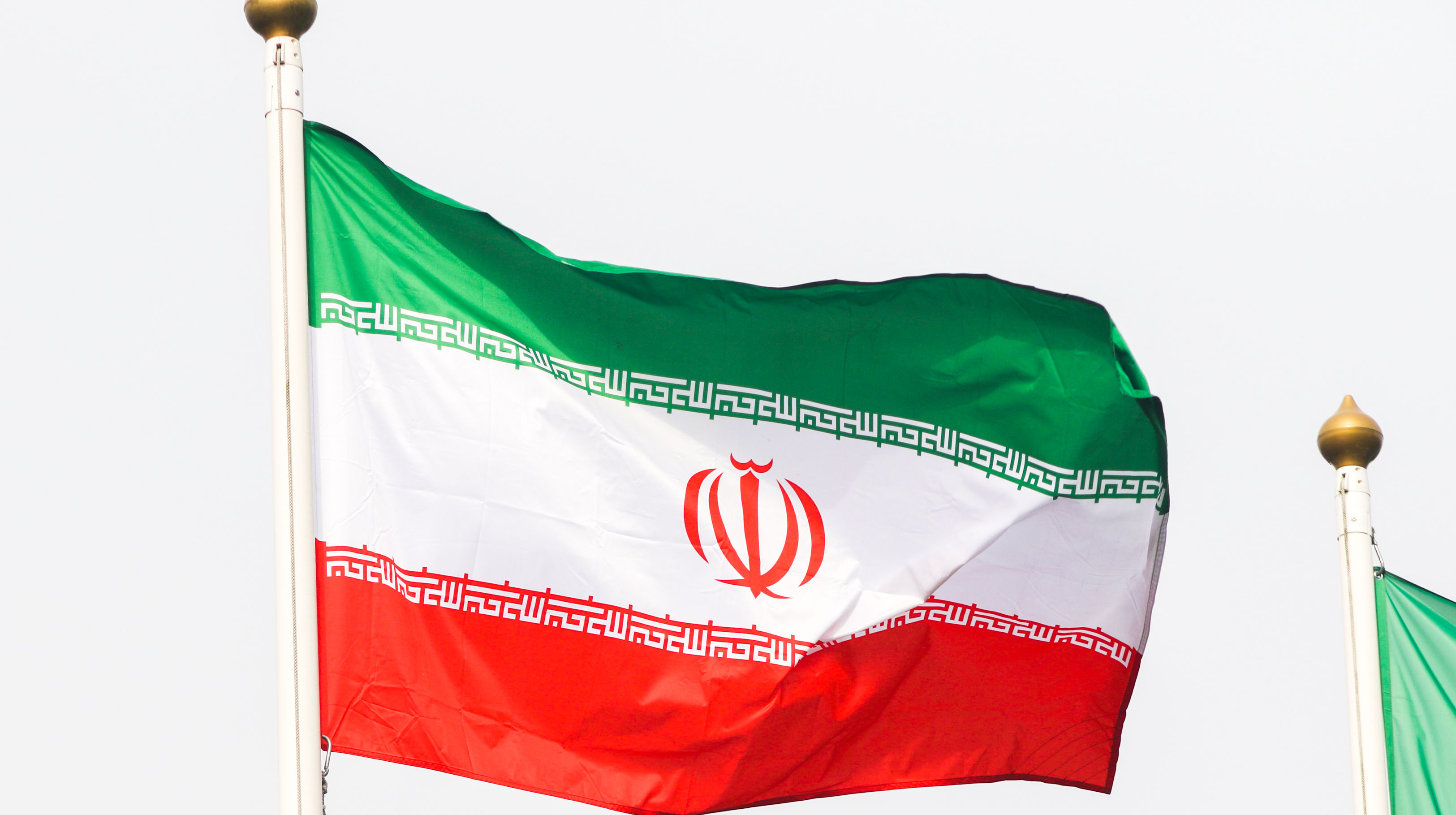“ Citing intelligence sources, CNN reports that Iran could intensify its ballistic missile development program despite the renewal of UN sanctions in September. Source: “European Truth” with reference to the CNN material Details: According to CNN sources in European intelligence, since the end of September, several batches of sodium perchlorate – an important component for the production of solid fuel used in Iranian medium-range ballistic missiles – have arrived from China to Iran. Interlocutors of the TV channel assess these deliveries as part of Iran’s efforts to restore depleted stocks of components of its ballistic program. Sodium perchlorate, although important in the production of solid propellants for ballistic missiles, is not directly banned under sanctions against Iran. This, according to CNN’s sources, could give China an opportunity to claim that it is not violating the sanctions. In response to CNN’s inquiry about supplies to Iran, a Chinese Foreign Ministry spokesman said he was “not familiar with the specific situation” but that Beijing “consistently exercises export controls on dual-use items in accordance with its international obligations and domestic laws and regulations.” Since the end of September, UN sanctions have been re-imposed on Iran in connection with the decision of the UN Security Council not to extend their suspension related to the conclusion of the Iranian “nuclear deal” in 2015. The U.S. Treasury Department has since announced new sanctions against Iran aimed at limiting its ability to obtain secret technology and build ballistic missiles and aircraft.”, — write: www.pravda.com.ua
 Flag of Iran. Photo: Maksim Konstantinov/SOPA Images/LightRocket via Getty Images
Flag of Iran. Photo: Maksim Konstantinov/SOPA Images/LightRocket via Getty Images Source: “European Truth” with reference to CNN material
Details: According to CNN’s European intelligence sources, several shipments of sodium perchlorate, a key ingredient in the solid fuel used in Iran’s medium-range ballistic missiles, have arrived in Iran since late September from China.
Advertising:
Interlocutors of the TV channel assess these deliveries as part of Iran’s efforts to restore depleted stocks of components of its ballistic program.
Sodium perchlorate, although important in the production of solid propellants for ballistic missiles, is not directly banned under sanctions against Iran. This, according to CNN’s sources, could give China an opportunity to claim that it is not violating the sanctions.
In response to CNN’s inquiry about supplies to Iran, a Chinese Foreign Ministry spokesman said he was “not familiar with the specific situation” but that Beijing “consistently exercises export controls on dual-use items in accordance with its international obligations and domestic laws and regulations.”
Since the end of September, UN sanctions have been re-imposed on Iran in connection with the decision of the UN Security Council not to extend their suspension related to the conclusion of the Iranian “nuclear deal” in 2015.
The U.S. Treasury Department has since announced new sanctions against Iran aimed at limiting its ability to obtain secret technology and build ballistic missiles and aircraft.
